#surveiller et punir
Photo
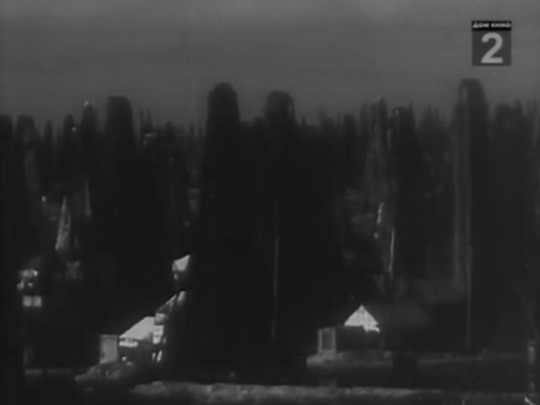
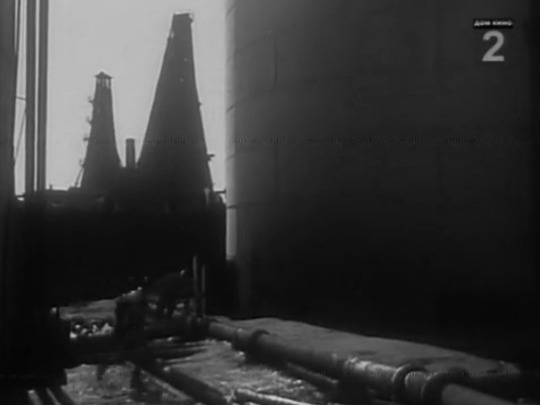
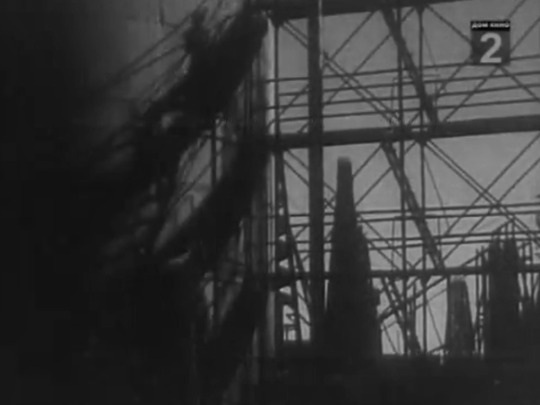
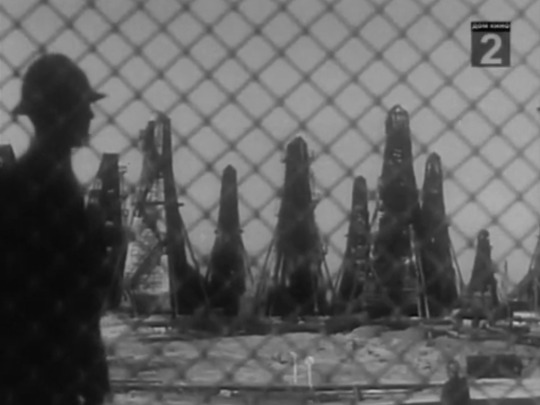
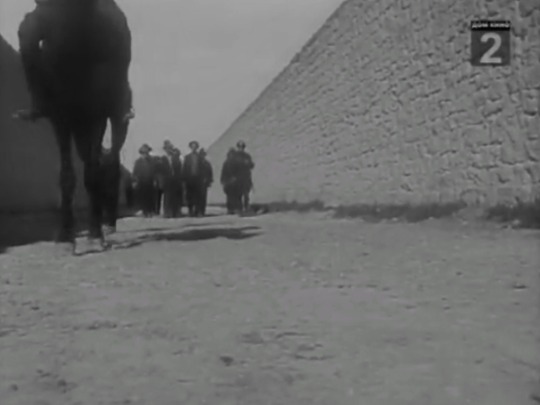
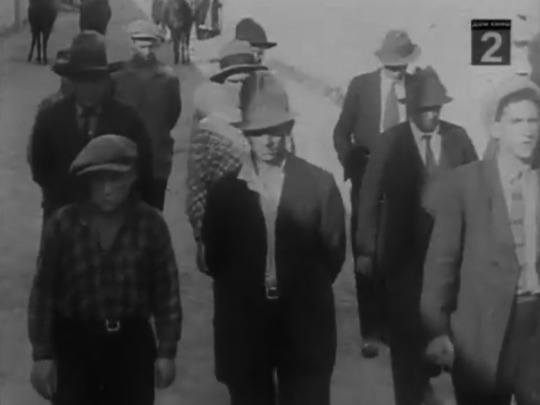
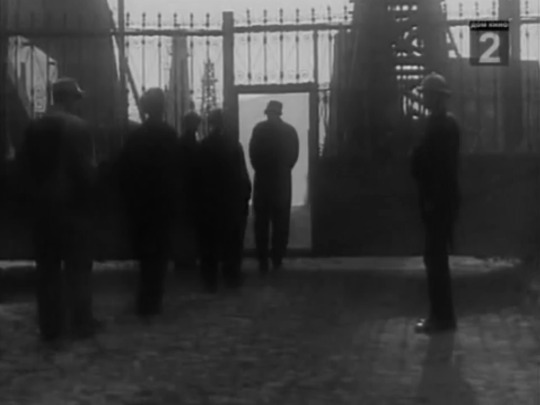
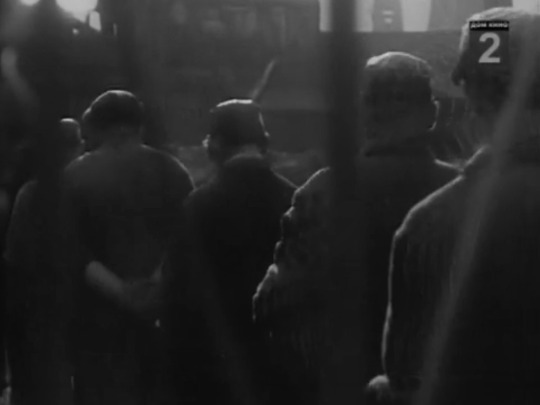
*
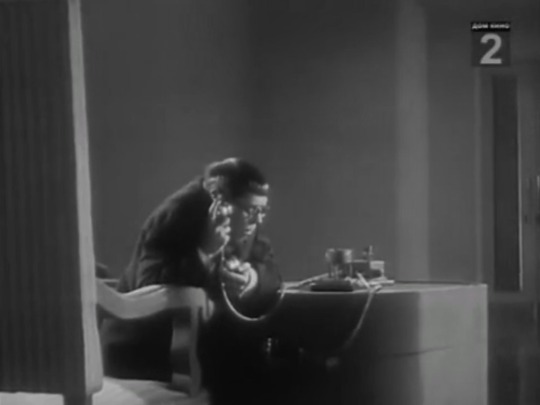
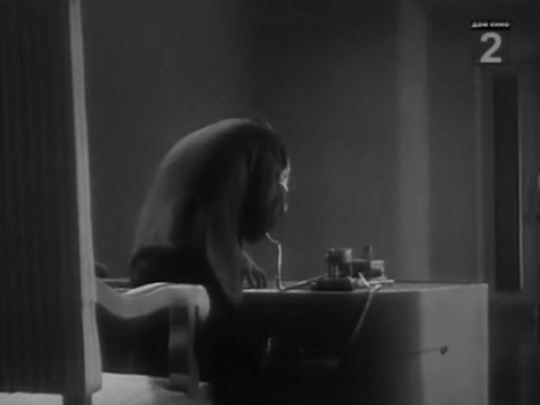
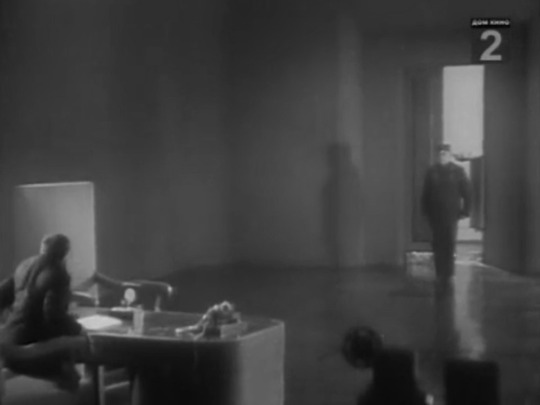
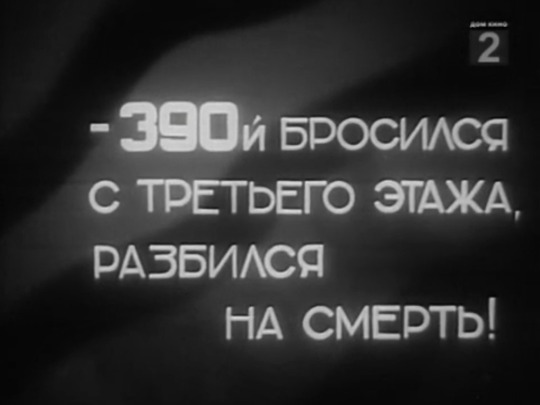
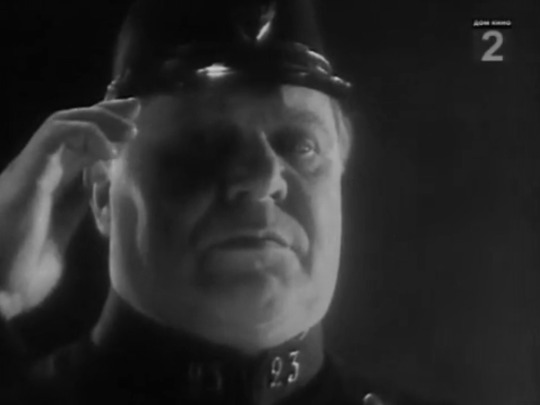
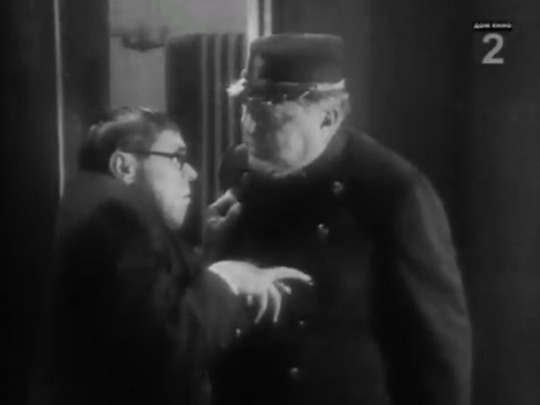
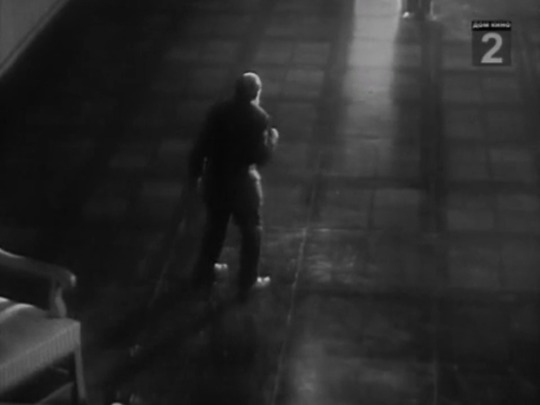
*
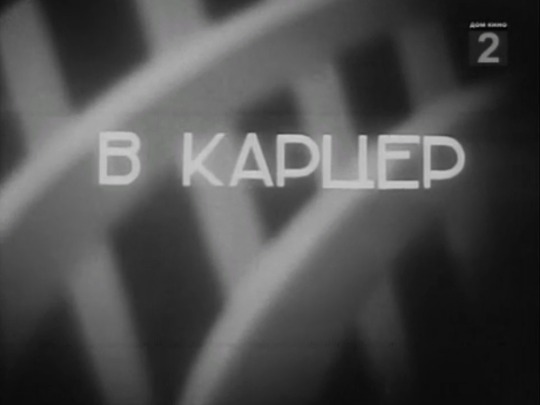

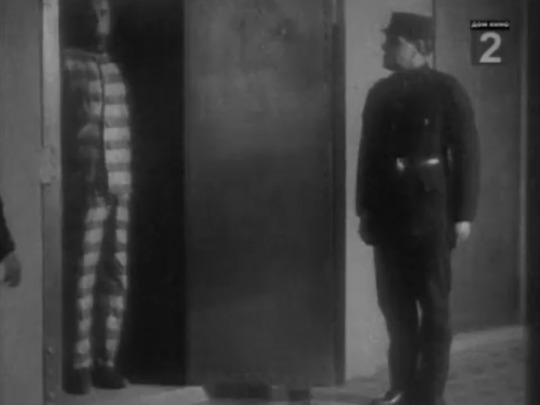
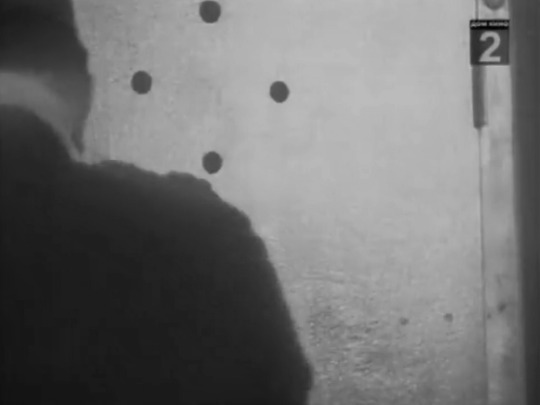
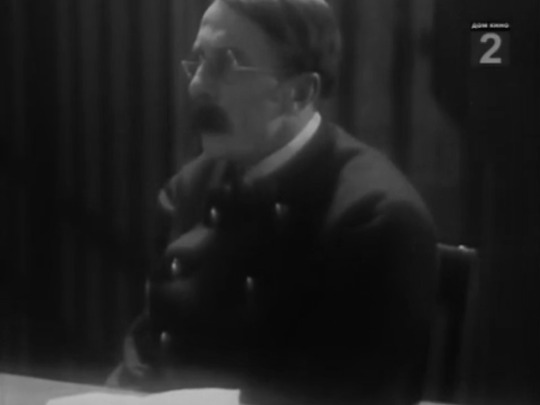
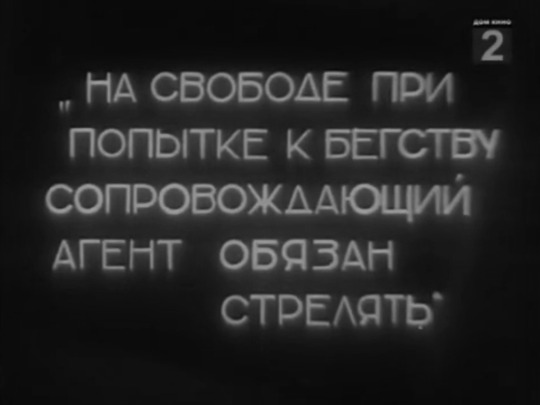
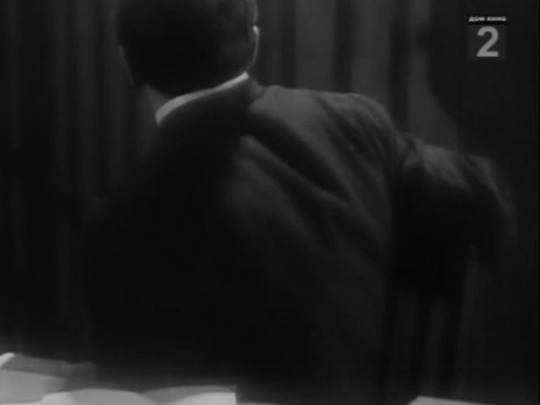
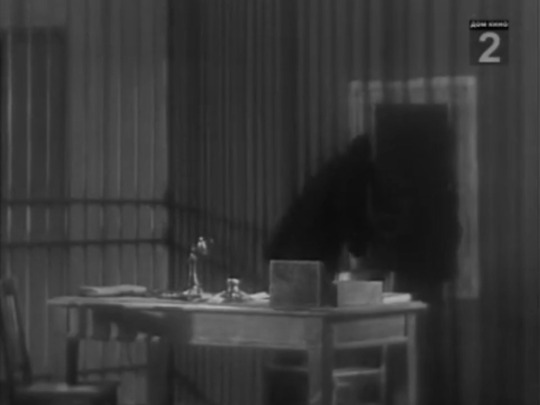

*
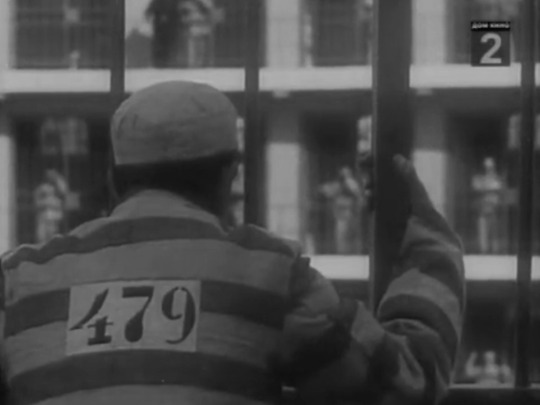
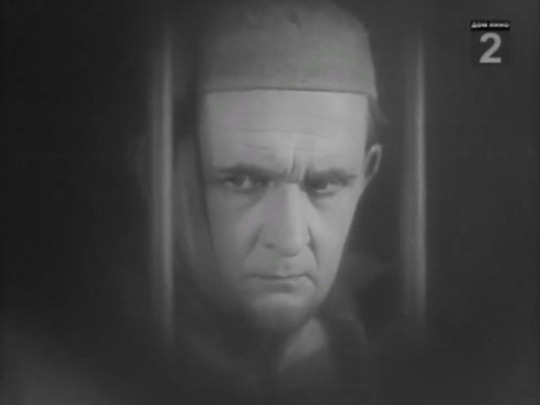
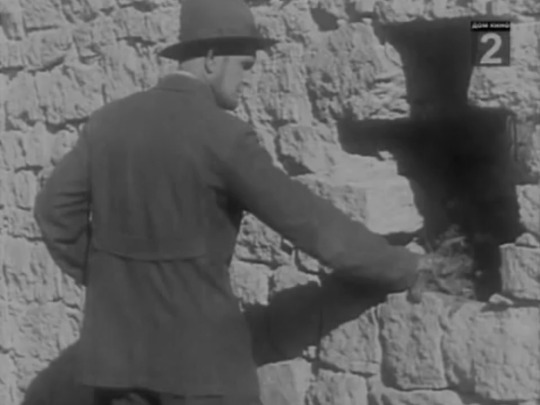
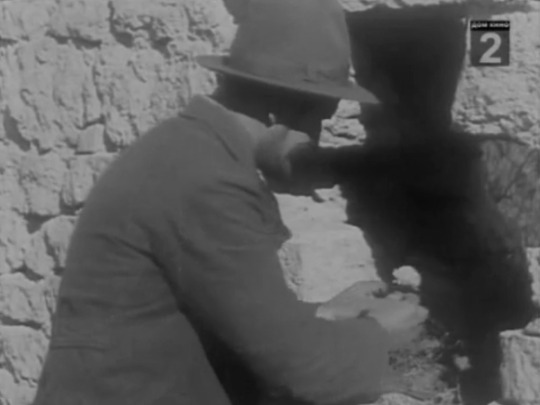
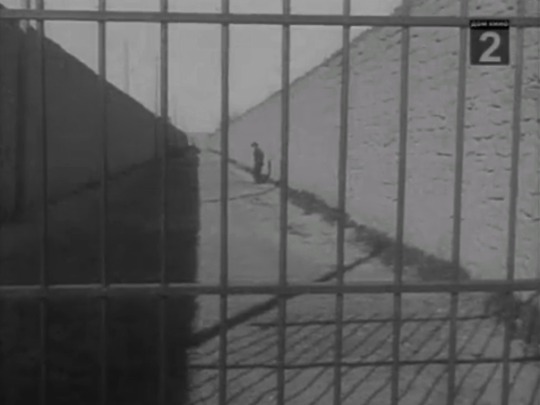
*
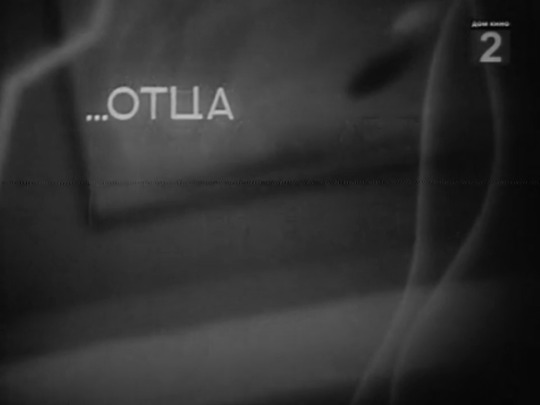
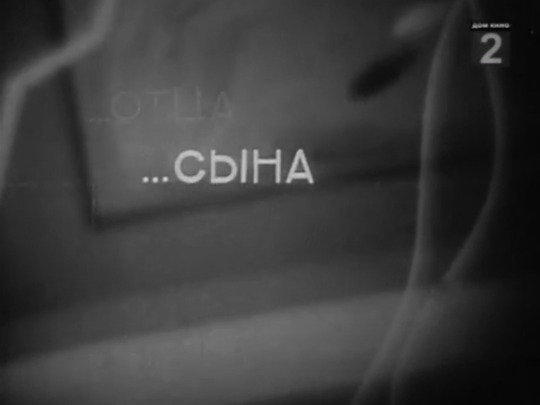
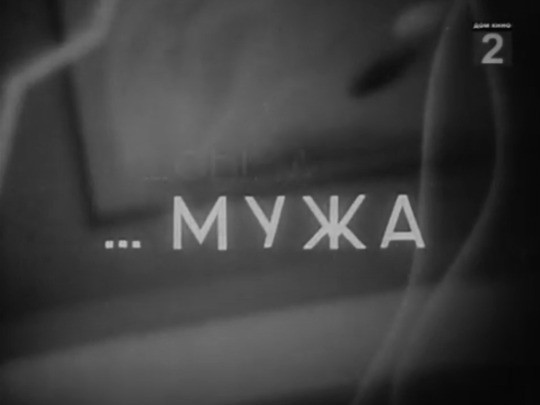
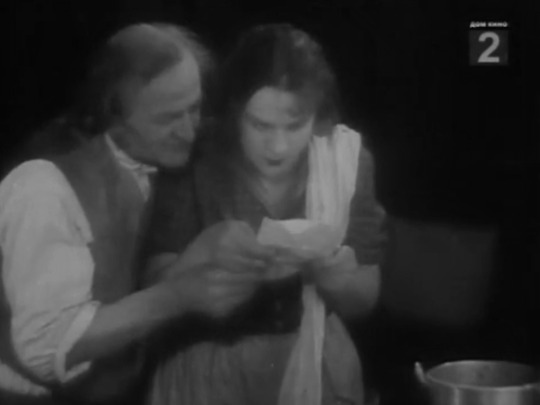
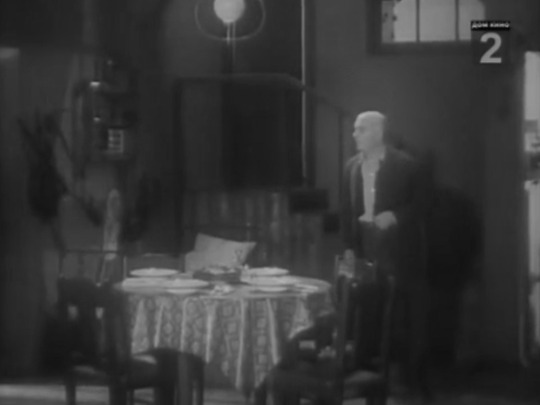
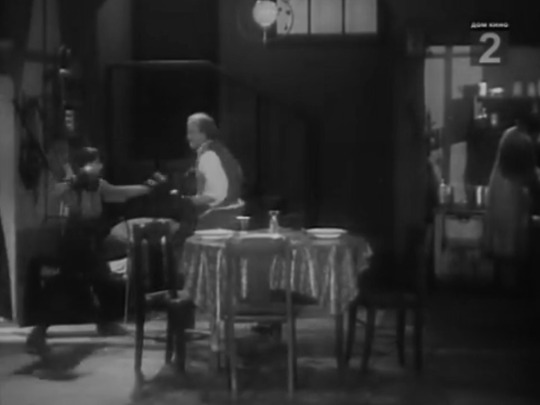
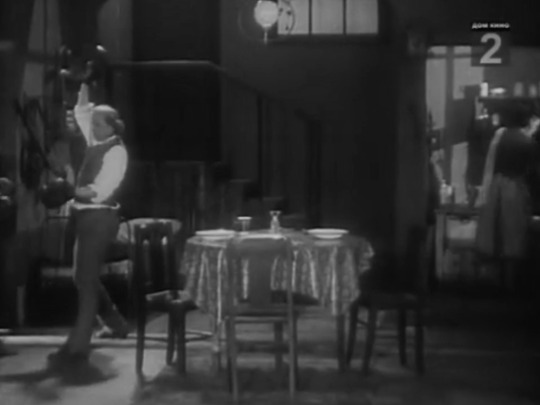
*
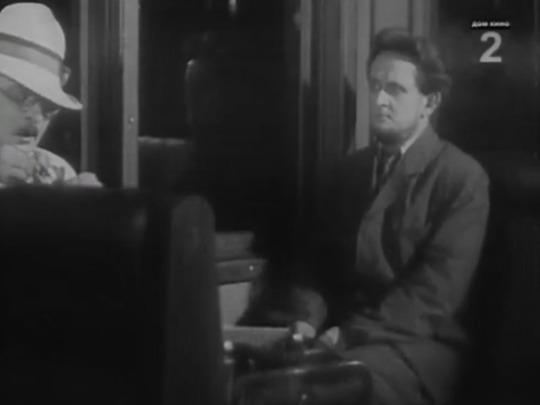
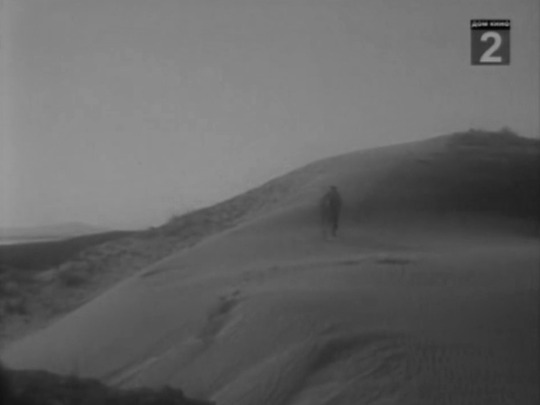
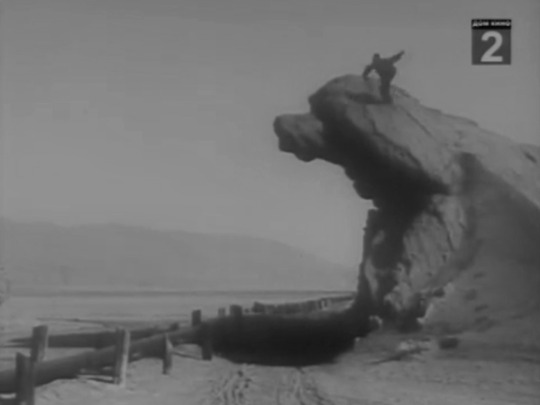
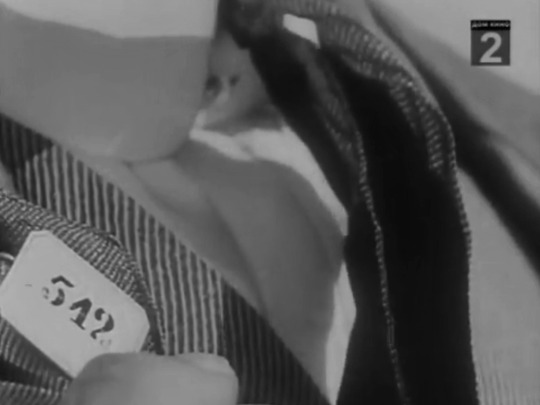
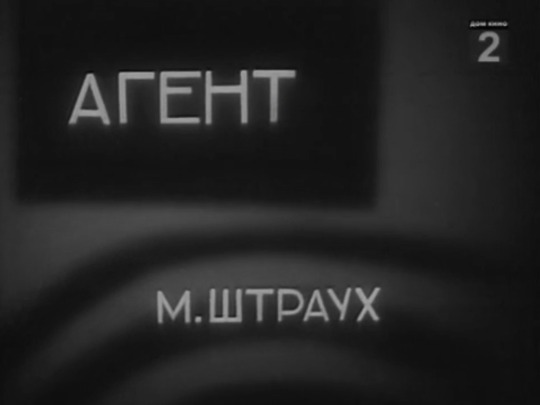
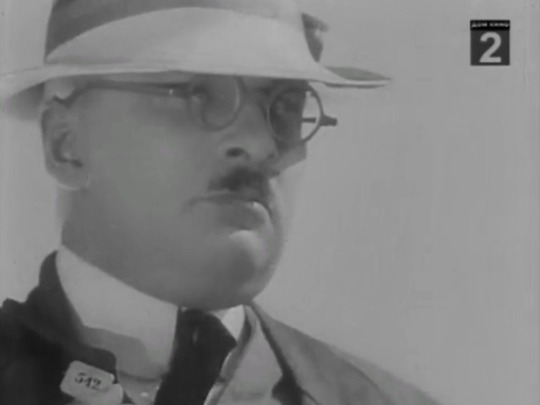
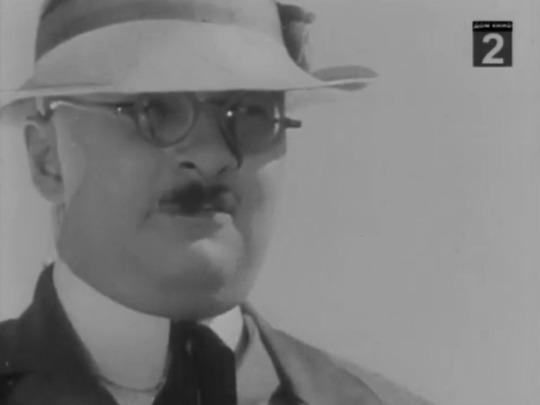
*
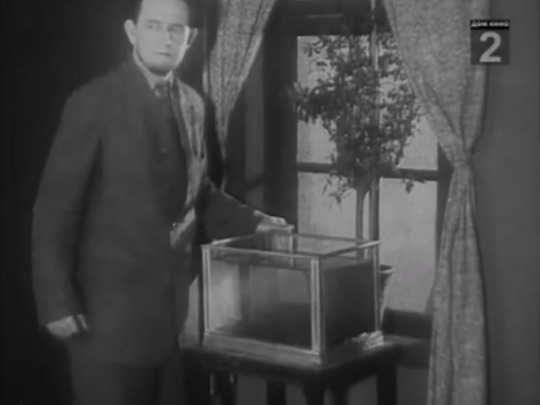
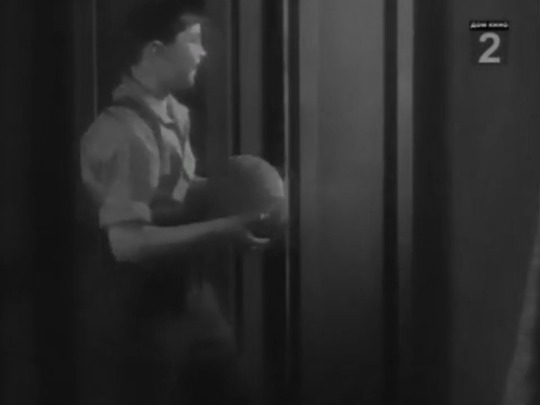
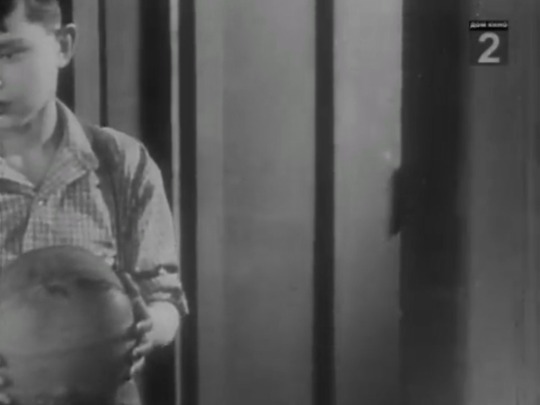
#the ghost that never returns#abram room#alexander room#1929#michel focault#surveiller et punir#naissance de la prison#der verlorene sohn#berlin alexanderplatz#eraserhead#dune#the woman in the dunes#the cell#king kong#planet of the apes#animal farm#zoo york#bergman#van gogh#materials#flyweight#about photography#23
8 notes
·
View notes
Text
Marie Dosé parle des prisons de luxe ⛓ #shorts #ina
"Penalty for crime is deprivation of liberty, not state-condoned violence by inhumane treatment of detenees"
#INA#Institut National des Archives#Michel Foucault#Surveiller et Punir#quality of life improvements#Marie DOSÉ
0 notes
Text










0 notes
Text
Les 4 techniques de la discipline
Dans une époque où l’autorité redevient une priorité pour bon nombre de Français, la discipline est devenue le nouveau mot.
Centre de redressement pour les jeunes, sas de rétention pour les migrants.
Cela n’est pas la prison. Mais un système de discipline, qui est plus largement répandu. Je vous propose une petite synthèse, en une infographie. Sur les 4 techniques de la discipline.
Continue…

View On WordPress
#comment discipliner#retrouver discipline et autorité#surveiller et punir Michel foucault#technique de discipliner
0 notes
Text
Attendre du nouveau
Il était prévu également qu'au moment de monter sur l'échafaud le condamné pouvait demander un répit pour faire de nouvelles révélations. Le public attendait cette nouvelle péripétie de la vérité.
(Michel Foucault, Surveiller et punir)
7 notes
·
View notes
Photo
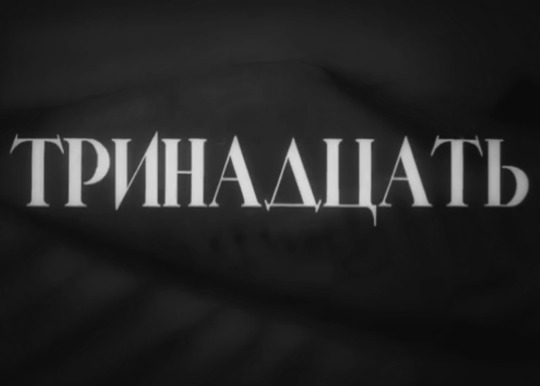
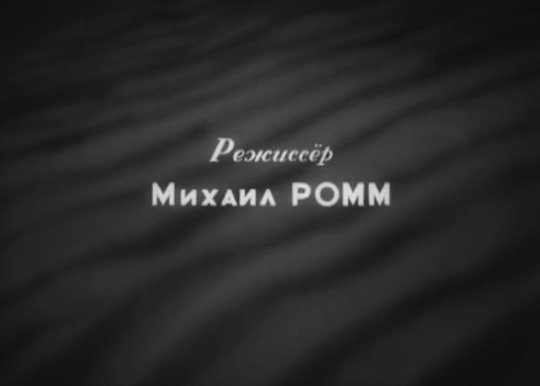
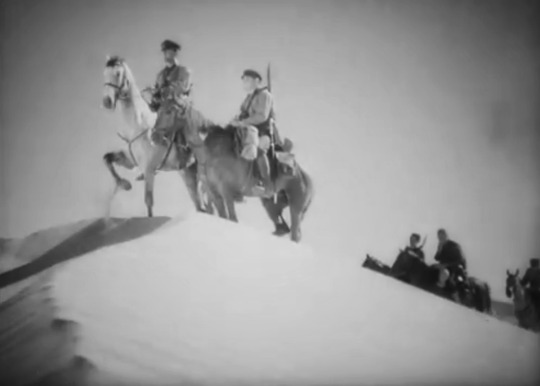

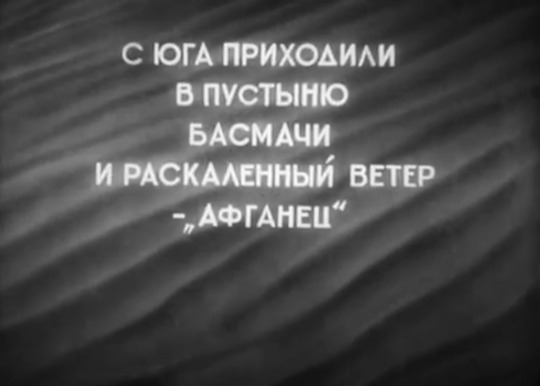
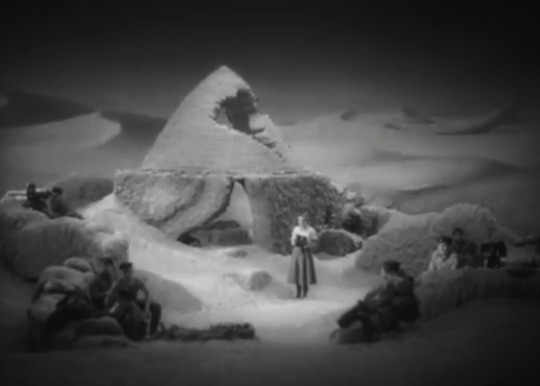

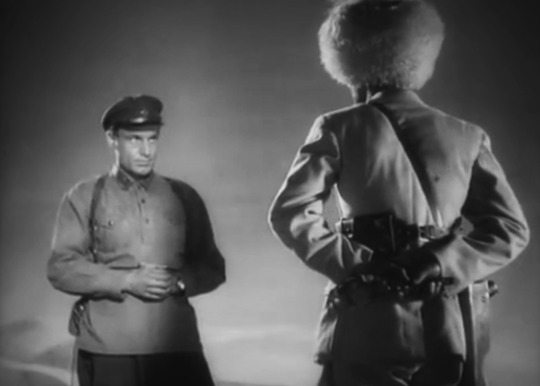
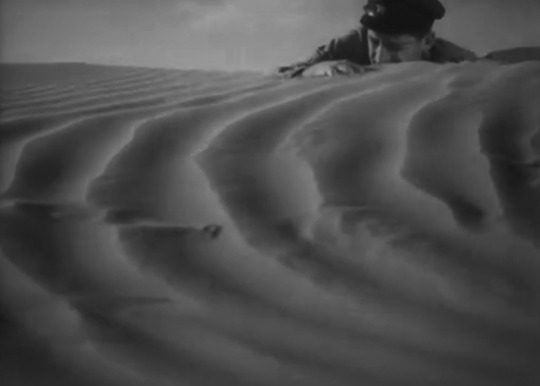
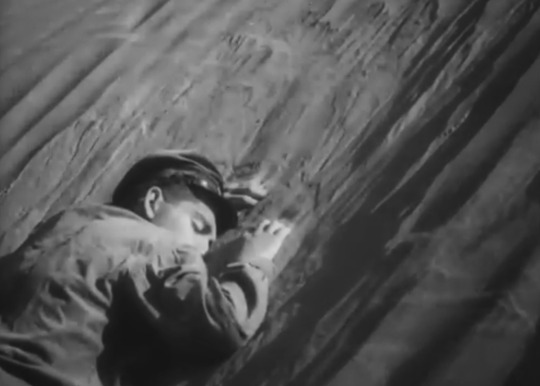
*
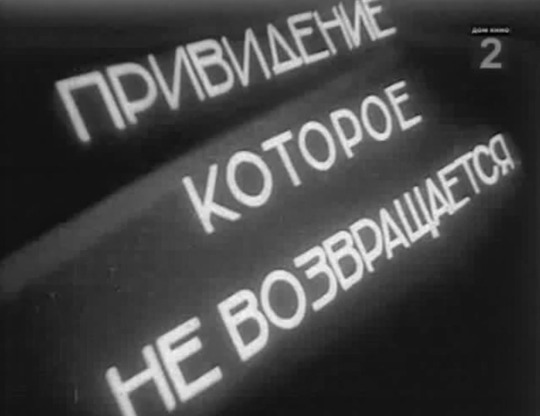
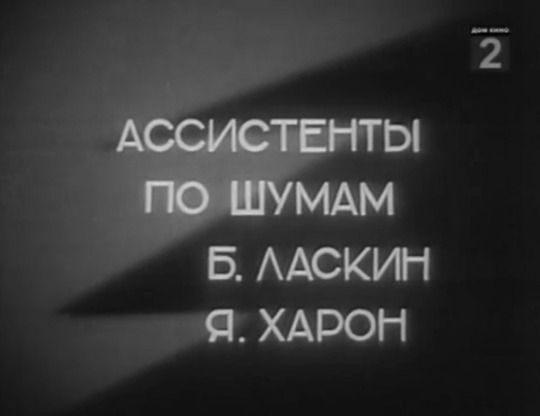
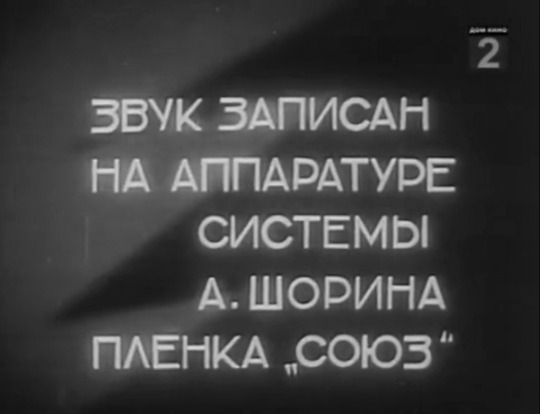
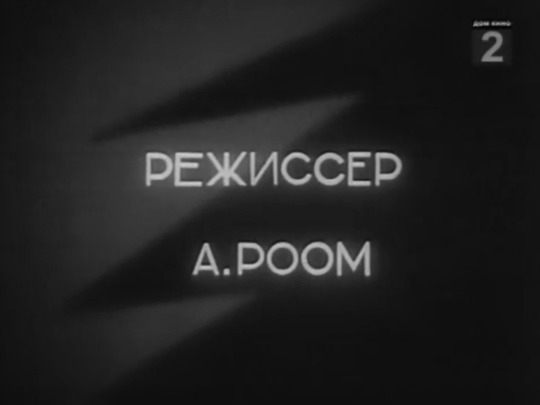
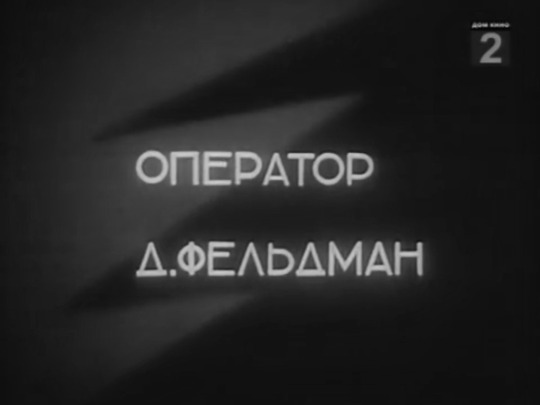
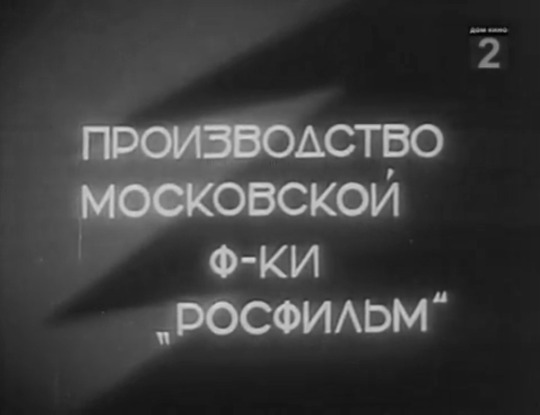
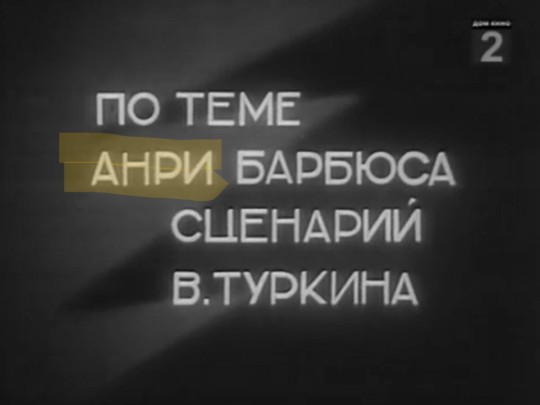
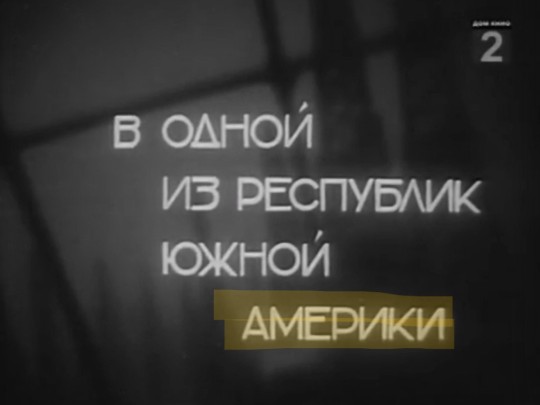
*
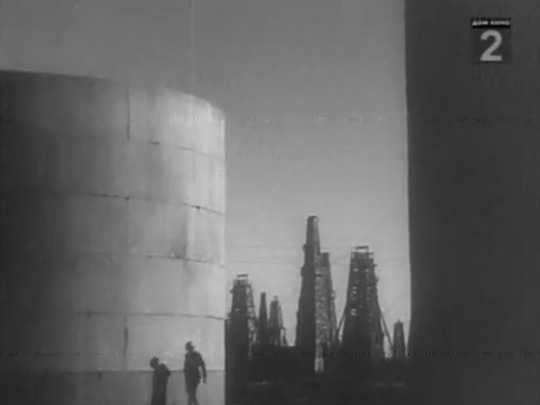
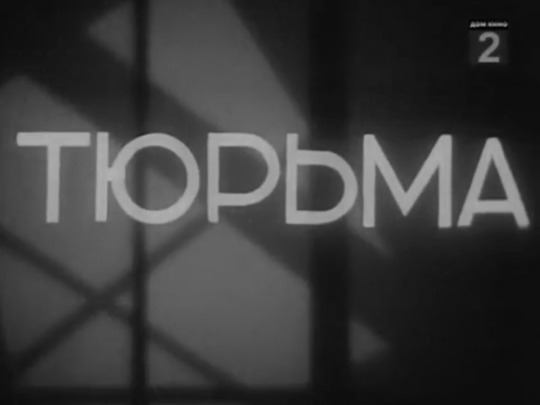
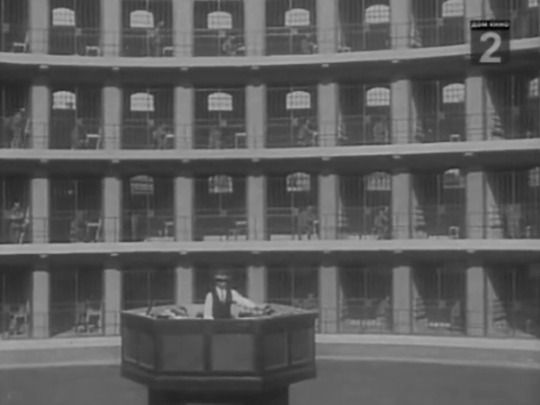
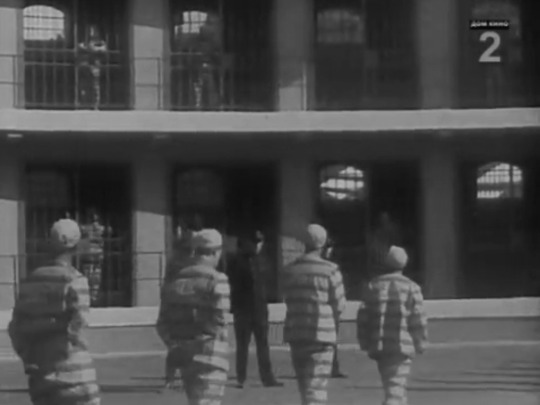
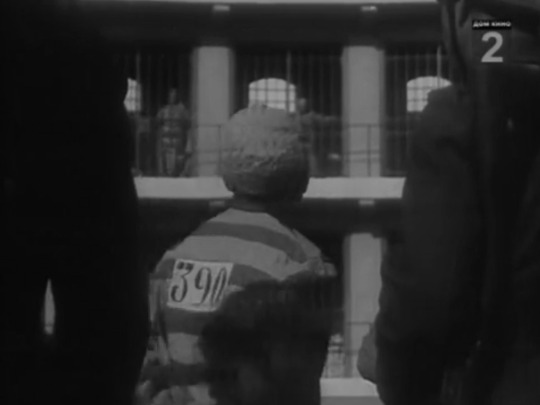
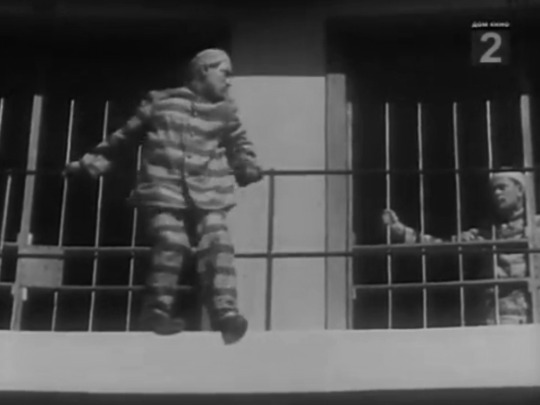
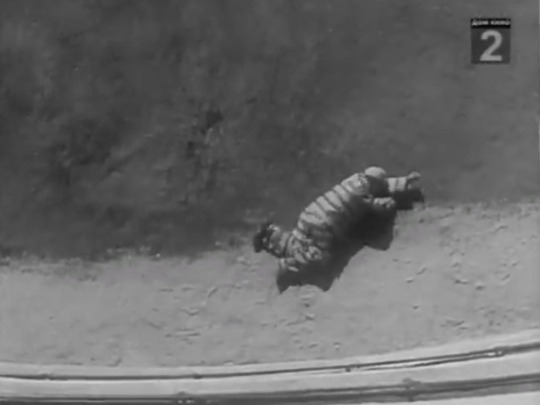
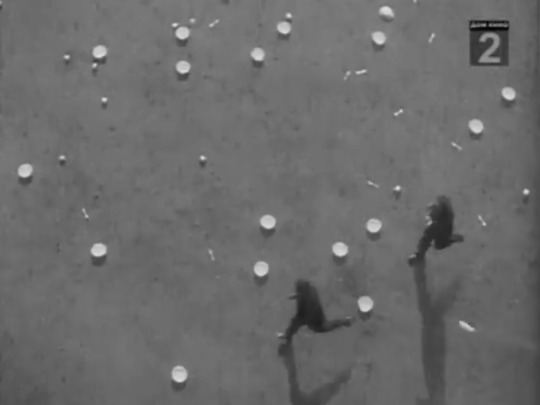
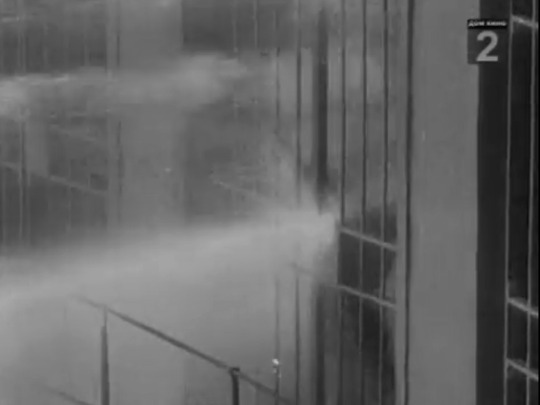
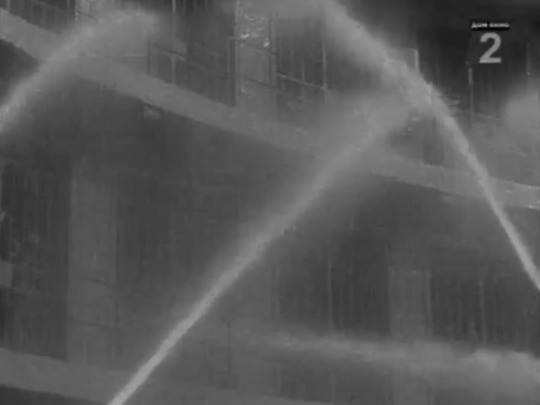
#trinadtsat#the thirteen#mikhail romm#1936#the ghost that never returns#abram room#alexander room#1929#materials#flyweight#michel focault#surveiller et punir#naissance de la prison#fritz lang#die frau im mond#spione#mabuse#dune#david lynch#woman in the dunes#berlin alexanderplatz#der verlorene sohn#rudolf arnheim#film als kunst#das politische und die kunst#war and peace#ilm#13
2 notes
·
View notes
Text
Surveiller et Punir is a book by Michel Foucault. I found it difficult to read, as French is not my native language, and Foucault has a tendency to write long sentences in long paragraphs accompanied by long citations of primary sources. By the time I finish a paragraph I have quite frankly usually forgotten how it started, and I'm not sure this is a mere accident of writing or an inevitable consequence of the depth of the ideas involved. Foucault was something of a troll, and parts of this book are fairly obviously trolling. Nonetheless, the book is thick with genuinely interesting observations and fascinating citations. The book consists essentially of two parts. The first, significantly longer part, presents a mostly dispassionate history of a particular technology of power. The second is a much more obviously politicized sort of invective against the institution of the prison and against the most common reforms proposed to it.
The primary point of Surveiller et Punir seems to be that in what Foucault calls the classical period in Europe (17th and 18th centuries, yes this is confusing) a technology for the management of what we might call human resources was developed and broadly applied. The basic elements of this technology are observation and classification. The observation might take the form of an overseer, or an examination, an inventory. The important part is that information is being recorded, contextualized, analyzed, and applied at scale. The purpose of classification is not only to assign people to positions they will be more effective in, but also to prevent undesirable behaviors and social contacts and promote desirable ones. In addition to this, the classification can become a tool for the punishment of offenses against its own rules, using the threat of reclassification into a less pleasant, less prestigious class.
This technology, Foucault says, is extremely powerful, allowing the user to produce more effect with less force. In the vast majority of cases, application of this technology will lead to significant increases in productivity. The gains are not merely those of specialization, or the psychological effect of observation, though these are considerable and may well be the initial impulse to impose the system. What is essential about this system is that in principle everyone knows exactly where they need to be, what they need to do, and how to do it. Further, everyone who needs to know knows all of these things too, and can design the tools and the physical spaces in which the activities take place accordingly. The effects of these changes are theoretically visible in your measurements and observations, allowing a rapid optimizing cycle of intervention-result. In practice, anyone who has been subject to a KPI regime knows how easy it is to maximize metrics at the cost of overall effectiveness. But the power of optimization to increase measured performance is undeniable.
The specific point of origin of this technology is unclear to me, and Foucault isn't much help. Militaries are early adopters as they professionalize, but paradoxically when they first design their codes under the influence of particularly devout political leaders and they are primarily taking inspiration from monastic codes, but then the monastic hierarchy references Roman military hierarchy. Perhaps Bret Devereaux would be a good person to tease out which parts of the system Foucault describes the Romans had, and where they got them. Unfortunately I don't expect Devereaux would find Foucault appropriately intellectually humble or precise.
The standard form of a Foucault argument is roughly this, first Foucault presents some straightforwardly true and obvious elements that would seem to naturally apply in all forms of social organization, but when you really think about it do not really seem applicable as described to medieval society outside of monasteries. Then Foucault declares that they were first introduced in a particular domain (school, workplace, prison, army, hospital) with objectives that are obviously and totally deranged and dystopian. Reading this, you imagine that Foucault is speaking of some sort of subconscious motivation, an effect of an implementation of a reform that is not consciously intended but serves a politically repressive function. Then Foucault gives you a citation of a specific highly influential figure presenting the reform that introduces those elements to that domain, explicitly presenting the deranged political project as their vision of a utopian society.
5 notes
·
View notes
Text
january 2023, wrapped
paul verhoeven's benedetta
pdfs and piles of books
fake fur
outrageously bad reality tv
ultramodern or 18th century libraries - no in between
so much galette des rois
henry darger's realms of the unreal
both sides of conferences rooms
falling asleep still fully clothed
you want it darker
sharing beds and rooms with all sorts of people
tribal art
clearer than ever: the sound of one's own voice, the feel of one's own body
fig cookies and apples
michel foucault's surveiller et punir
always on that damn fragrantica.com
cleaning things for the sheer catharsis of it
anthropology classics
waking up without an alarm
my friend's croque-monsieur with scrambled eggs, goat cheese and barbecue sauce
encountering george didi-huberman literally everywhere
iconostasis, veils and icon screens
bucharest neoclassical
strasbourg gothic
eating cozonaci, pretzels and schenkele on the go
tomi ungerer artworks
zoom meetings
surrealism and cadavre exquis games
4 notes
·
View notes
Text
Un corps effacé, réduit en poussière et jeté au vent,
un corps détruit morceau par morceau par l'infinité du pouvoir souverain constitue non seulement la limite idéale mais aussi la limite réelle du châtiment.
Il ne fait aucun doute que l’existence de la torture était liée à autre chose que cette organisation interne.
Il est vrai aussi que le « mépris » du corps renvoie à une attitude générale envers la mort ; et dans cette attitude, on décrypterait les valeurs du christianisme ainsi qu'une situation démographique et d'une certaine manière biologique : les ravages de la maladie et de la faim, les massacres périodiques des épidémies, la formidable mortalité infantile, la précarité de la vie biologique. . -Équilibres économiques- tout cela rendait la mort familière et donnait lieu à des rituels autour d'elle pour l'intégrer, la rendre acceptable et donner un sens à son agression permanente.
L’atrocité est cette part du crime que le châtiment revient à mettre en lumière par la torture : une figure inhérente au mécanisme qui produit, au cœur du châtiment lui-même, la vérité visible du crime.
Dans les cérémonies de torture, le principal protagoniste est le peuple, dont la présence réelle et immédiate est requise pour son exécution.
-Extraits de Foucault, Surveiller et punir.
0 notes
Text

Trajectoires humaines
Impuissance, frustration et transformation
Pour Foucault, la compréhension de l'individu, de ses processus sociaux et psychologiques, peut se résumer dans les relations de pouvoir avec la société. La pratique de surveiller et punir est exercée dans les institutions, dans les règles et dans les lois… —>
0 notes
Text
Michel Foucault : la surveillance généralisée expliquée
Michel Foucault est l’essayiste visionnaire, qui a su décortiquer l’histoire de la surveillance au XXème siècle. Et punir.
Dans “Surveiller et Punir“, il explique l’évolution de notre société. Et toujours visionnaire, dans un temps où la surveillance systématique se déploie . En Chine, avec de la reconnaissance faciale, et même en France, avec des projets “en test” aux Jeux Olympiques de…

View On WordPress
#histoire de la surveillance et discpline#résumé michel foucault surveiller et punir#surveillance généralisée transfoNum#surveillance michel foucault#surveillance panoptique
0 notes
Text

pauvre grenouille écrasée par surveiller et punir
10 notes
·
View notes
Text
Pour rappel
« Nus pieds, en chemise, portant une torche, à genoux dire et déclarer que méchamment, horriblement, proditoirement et de dessein prémédité, il avait commis le très détestable crime, etc. »
(Michel Foucault, Surveiller et punir)
7 notes
·
View notes
Text
i'm still so floored & upset that my copy of surveiller et punir which was printed in the 2010s is basically unusable because the pages keep falling out. i paid 15$ for it used and now i need to fork over another 15 for the right glue or pay for another copy (either new or for a pre-2000s printing). and it's gallimard which is supposed to be the most prestigious french publisher. meanwhile cheap paperbacks i have from the 1960s are still holding up superbly so i know it's not necessary for me to live like this the publishing industry really is mean and cruel.
0 notes



